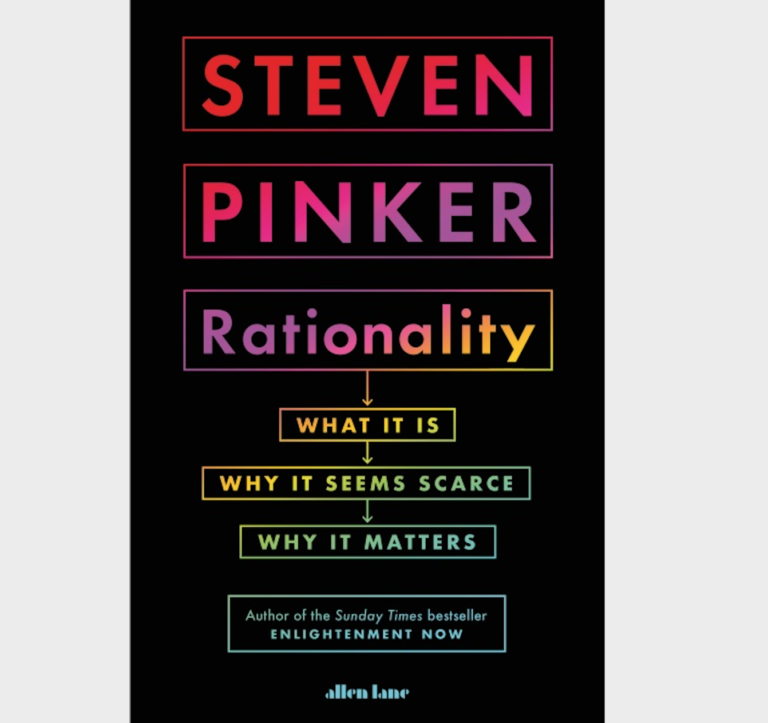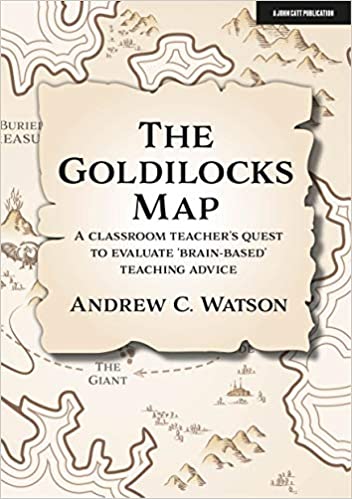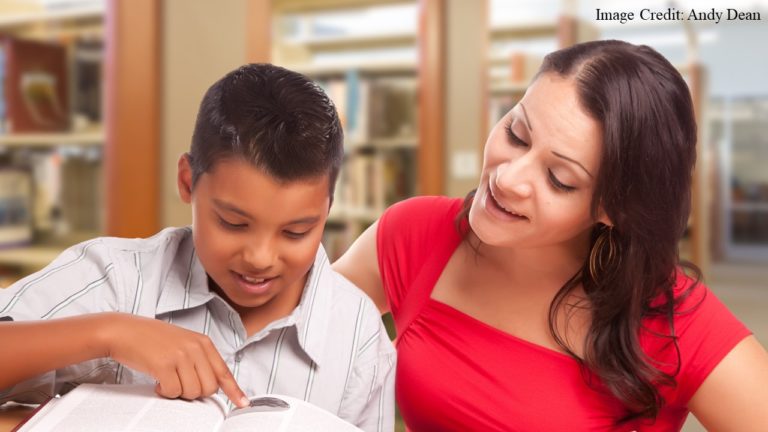Tags
ADHD adolescence attention autism book review boundary conditions classroom advice conference speakers constructivism/direct instruction creativity desirable difficulty development dual coding elementary school embodied cognition emotion evolution exercise experts and novices gender high school homework intelligence long-term memory math methodology middle school mind-wandering mindfulness Mindset motivation neuromyths neuroscience online learning parents psychology reading retrieval practice self-control skepticism sleep STEM stress technology working memoryRecent Comments
- Roberta on Seriously: What Motivates Teachers to Be Funny?
- Revisiting the "Handwriting vs. Laptops" Debate: More Moving Goalposts |Education & Teacher Conferences on Handwritten Notes or Laptop Notes: A Skeptic Converted?
- The Power Of A Growth Mindset: How Students Can Overcome Challenges - Sunshine Blessings on The Rise and Fall and Rise of Growth Mindset
- Goals, Failure, and Emotions: a Conceptual Framework |Education & Teacher Conferences on “Learning from Mistakes” vs. “Learning from Explanations”
- From Destruction to Rebuilding: Hope in Science’s Down Cycle on When Analogies Go Wrong: The Benefits of Stress?
ABOUT THE BLOG
Does Higher Engagement Promote Learning?
Long-time readers know: I thoroughly enjoy research that challenges my beliefs. After all, I (probably)…

The Downsides of Desirable Difficulties
For several years now, we’ve been talking about the benefits of “desirable difficulties.” For instance,…

Rationality by Steven Pinker
Over the last couple of years, we have often felt like the world is losing…

Too Good to be True: When Research and Values Collide
Let’s start with some quick opinions: Flipped classrooms… … can transform education and foster students’…

New Research: Unrestricted Movement Promotes (Some Kinds of) Creativity
Teachers like creativity. We want our students to learn what has come before, certainly. And,…

The First Three Steps
Early in January, The Times (of London) quoted author Kate Silverton (on Twitter: @KateSilverton) saying:…

A “Noisy” Problem: What If Research Contradicts Students’ Beliefs?
The invaluable Peps Mccrea recently wrote about a vexing problem in education: the “noisy relationship…

The Goldilocks Map by Andrew Watson
The Goldilocks Map: A Classroom Teacher’s Quest to Evaluate ‘Brain-Based’ Teaching Advice is an entertaining…

Teaching with Images: Worth the Effort?
According to Richard Mayer’s “multimedia principle,” People learn better from words and pictures than from…

![AdobeStock_284805733 [Converted]_Credit](https://www.learningandthebrain.com/blog/wp-content/uploads/2022/03/AdobeStock_284805733-Converted_Credit-768x324.jpg)